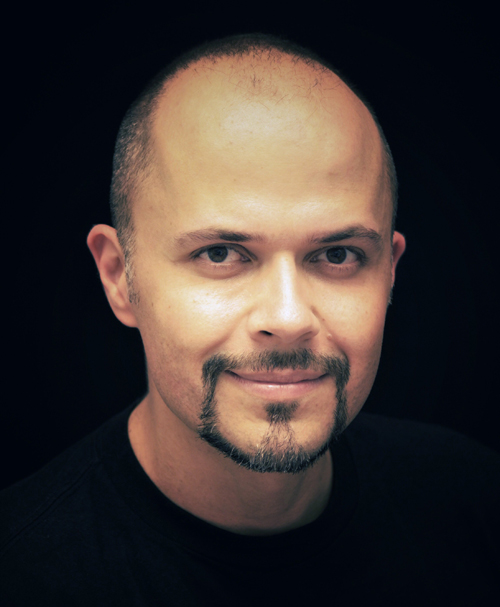
3:00 pm to 4:00 pm
GHC 6501
Abstract: Recent advances in computational face research make possible a growing range of scientific, behavioral, and commercial applications. Many companies are focusing on the future of computational face products and services, but number of critical research questions remain to be solved. These include 3D face alignment from 2D image, face analysis under extreme pose variation and occlusion, and the manipulation of facial likeness and expressions in videos.
These issues are strongly connected. Most face alignment and analysis methods treat the face as a 2D object, flat like a sheet of paper. That works well provided images are frontal or nearly so and pitch and yaw remain modest. In real-world conditions, these constraints often are violated by moderate to large head rotation and the system’s ability to track and measure facial expressions degrades.
To answer these questions, this talk will zoom in on results and implications from recent computational face challenges I co-organized: The 3D Face Alignment in the Wild challenge (3DFAW 2016 @ ECCV’16) and the 3rd Facial Expression Recognition and Analysis challenge (FERA 2017 @ FG’17).
Advances in facial expression transfer bring exciting opportunities to behavioral, and commercial applications. They also introduce significant potential threats, especially in the age of social media. Altered images can create false representations and videos can amplify that effect. What’s interesting is that the very same technology that enables these threats also enables their countermeasures. I will briefly touch on these topics as well.
Bio: László A. Jeni, PhD., is Project Scientist at the Carnegie Mellon University, Pittsburgh, PA, USA. He received his M.S. degree in Computer Science from the Eötvös Loránd University, Hungary, and his Ph.D. degree in Electrical Engineering and Information Systems from the University of Tokyo, Japan. He worked as a Senior Computer Vision Specialist at Realeyes – Emotional Intelligence, before joining the Robotics Institute. His research interests are in the fields of Computer Vision and Machine Learning. He develops advanced methods of 2D and 3D automatic analysis and synthesis of facial expressions; and applies those tools to research in human emotion, non-verbal communication, and assistive technology. He has co-organized the 3D Face Alignment workshop in 2016, the third Facial Expression Recognition and Analysis Challenge in 2017, and he is an Area Chair at IEEE FG 2018. His honors include best paper awards at IEEE HSI 2011 and at IEEE FG 2015 conferences.
Homepage: http://laszlojeni.com/
